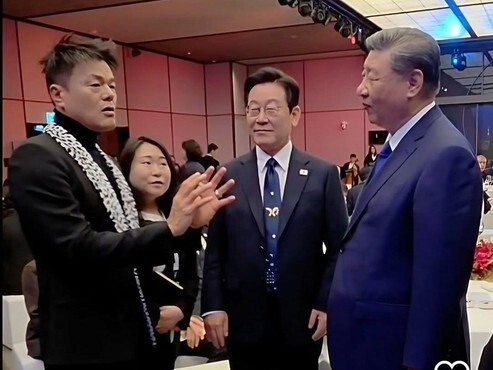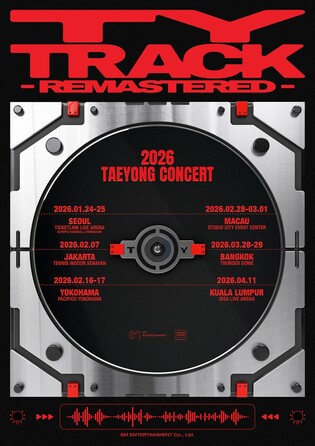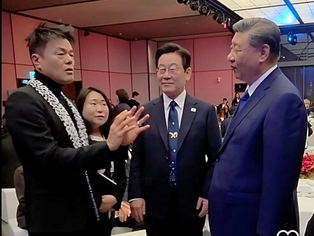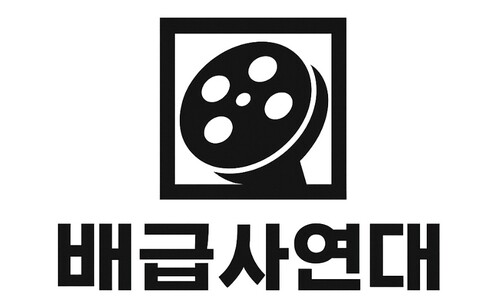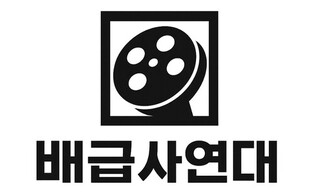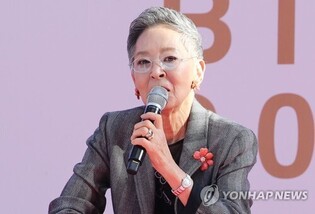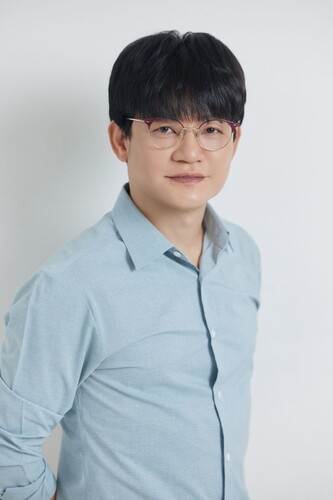 |
| ▲ This photo provided by Liv Music shows the firm's CEO, Choi Kwang-ho. (PHOTO NOT FOR SALE) (Yonhap) |
SEOUL,
Aug. 13 (Yonhap) --
Operators of coffee shops, gyms and other businesses must pay not only music platform subscription fees but also separate public performance fees to the copyright holders of the songs they play.
The regulation requiring payment of performance fees, in effect since 2018, has been criticized for adding to owners’ confusion with cumbersome procedures. There have been frequent legal disputes between copyright groups and store owners over the payments.
Choi, who became CEO of Liv Music last month, said the company can help resolve this confusion and improve efficiency. He said he aims to build a convenient, transparent system that will ultimately contribute to the expansion of the K-pop market.
"Liv Music is a service that offers convenience to music users and higher revenue to rights holders," Choi told Yonhap News Agency on Aug. 12 at the company’s Seoul office. "If music users and rights holders can coexist, that can lead to market growth."
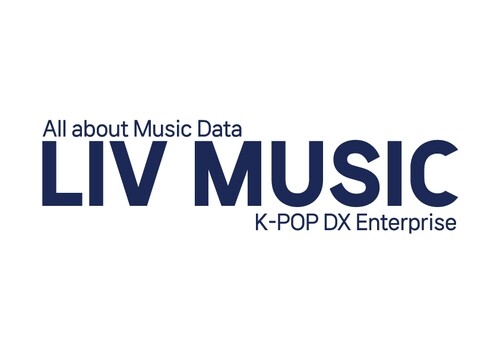 |
| ▲ This corporate logo is provided by Liv Music. (PHOTO NOT FOR SALE) (Yonhap) |
Launched as an in-house venture of the Korea Music Content Association (KMCA), Liv Music was designated in 2023 by the Ministry of Culture, Sports and Tourism as an integrated collection agency for music performance fees.
The service allows users to pay performance fees to four music rights organizations — including the Korea Music Copyright Association and the Korea Entertainment Producers’ Association — in a single payment.
Choi criticized the existing rights-holder-centered collection method for focusing on legal obligations rather than gaining store owners’ cooperation. He said the issue can be solved by approaching it from the user’s point of view.
"Store owners say it’s not about the amount of money but the emotional blow of receiving a content-certified mail demanding payment of performance fees," Choi said. "If the law is enforced without offering alternatives, owners cannot accept it. We need to approach it as a service concept that users can agree with."
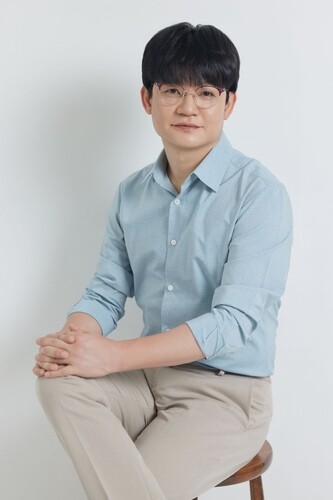 |
| ▲ This photo provided by Liv Music shows the firm's CEO, Choi Kwang-ho. (PHOTO NOT FOR SALE) (Yonhap) |
Liv Music recently launched "Heal Music," a music service for gyms that combines music usage and performance fee payments in one package. Choi said the company could create value in other ways, such as offering a "store music chart" based on the KMCA’s Circle Chart system, formerly known as Gaon Chart.
"For users, it’s about being able to use music freely, and for rights holders, the more the service is used, the more data is accumulated to their benefit," he said. "Right now we are focusing on boosting recognition of Liv Music through discounts and other promotions."
He added, "We want to review the trial-and-error of performance fee policies over the past seven years and create a better service."
Choi, who also serves as KMCA secretary-general, has been a key figure in music industry policy and operations for about 20 years, including overseeing the creation of Circle Chart.
He said the recent surge of interest in K-pop sparked by the Netflix animated film "K-pop demon hunters" could be both a new leap forward and a crisis.
"Even though ‘K-pop demon hunters’ was not produced in Korea, people accept it without awkwardness," Choi said. "Until now, competition in the K-pop market was among Hybe, SM and YG, but going forward, it could become a global competition."
He stressed the need for government policy support, such as tax incentives for music content production, in an era where global competitiveness is essential.
"Even now, we cannot say that producing, lyric writing and composing are ahead of overseas standards," Choi said. "In a rapidly changing market, it is important for the government to decide whether its current regulation-centered policy is really the right approach."
(C) Yonhap News Agency. All Rights Reserved


















![[풀영상] 디즈니+ '메이드 인 코리아' 제작발표회|현빈 Hyunbin·정우성 Jung Woosung·우도환·서은수·원지안·정성일·강길우·노재원·박용우|Made In Korea](/news/data/20251215/p179554206856695_165_h.jpg)

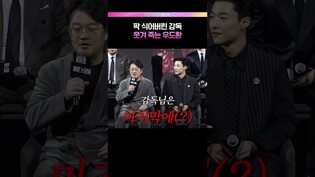
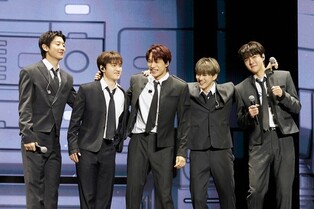

![[가요소식] 하츠투하츠 내년 3월 북미 쇼케이스 개최](/news/data/20251216/yna1065624915956235_448_h2.jpg)
![[가요소식] 군 복무 마친 NCT 태용, 내달 단독 콘서트](/news/data/20251216/yna1065624915956223_957_h2.jpg)
